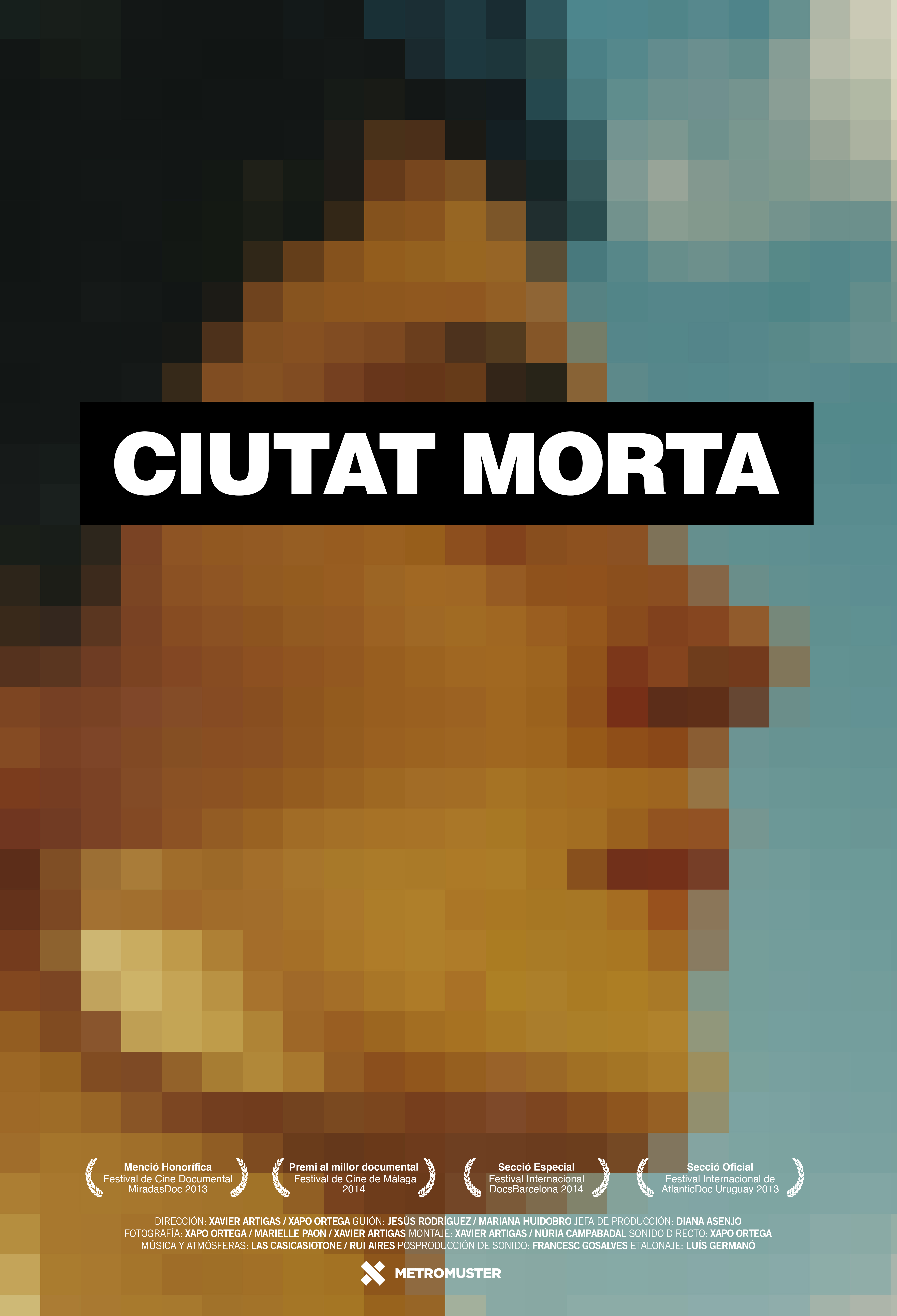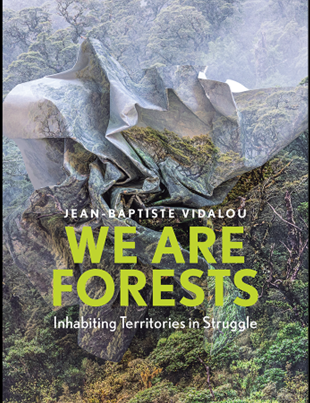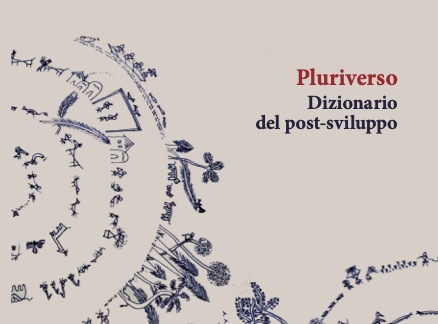Underneath the attractive brand of Barcelona we find corruption, racism and impunity, from the police to the legal and administrative system. In the documentary Ciutat Morta we discover how undesirable citizens are expendable within an urban-touristic model that cannot be disturbed.
The documentary Ciutat Morta (Dead City in English) released in 2013 is now available on-line (with English subtitles here). This could be just another film exposing the two sides of the touristy, gentrified and commodified Barcelona, but it actually goes much deeper.
Ciutat Morta shows us the unbearable story of a profoundly rotten system that, in a Kafkaesque manner, reproduces its own rottenness. Because nothing can disturb the successful brand of the “open”, “friendly” and “inspiring” Barcelona that generates millions of euros every year. Because undesirable citizens are expendable and they should be controlled, silenced and served as warning to others who might dare to protest or be different within this (im)perfect city.
[vimeo http://vimeo.com/71703409]
The film tells the sordid events that followed the detention of five young citizens on the night of 4 February, 2006 – known as 4F. That night, one cop gets seriously injured during a police intervention in an squatted municipal theatre located in the progressively gentrifying neighborhood of Sant Pere, in Barcelona’s historic city center. All evidence points to an object, likely a flower pot, that was thrown from the building.
The police stops nine people who were passing in the street. Three of them, Juan, Alex and Rodrigo, of South American origin, get arrested and are tortured multiple times. When taken to the hospital, the doctors ignore this reality and are professionally negligent – to the extent that one of the detainees is refused surgery and consequently sustains permanent injuries. In the courts they are silenced, their complaints rejected and they are even held under preemptive arrest for two years (see International Amnesty report, in Spanish).
Two other people are arrested that night, Patricia and Alfredo, who happen to be in the same hospital after a biking accident. Why? They had a “squatter” look, and that was enough for the police.
All were condemned for a crime they did not commit and knew nothing about. Evidence from their defence is rejected and only the testimony of two police agents is accepted as proof (several documents and reports about the process here, in Spanish). In the documentary, one of the defence lawyers claims that the facts and the results of the trial were preconceived. Everyone in the room was aware that the police testimonies were false. Nonetheless, all five ‘suspects’ were imprisoned for three to five years. When they appeal to the Supreme Court, their time is not shortened but extended, as if a punishment for complaining.
One of the people arrested in the hospital was Patricia Heras, nineteen years old at the time. A student of literature, she had a special sensitivity that was manifest in her poetry and queer aesthetic. This was her sin: being different. In one of her provisional releases from jail, she committed suicide. The injustice and precariousness of life was just unbearable for her.
A few years ago, two of the cops whose testimonies were central in the aforementioned sentencing were convicted of torture and manipulation of evidence in another case. They were sentenced to two years in jail. But the case 4F was never re-opened.
Corruption, racism, manipulation of evidence, partial trials, impunity from the police to the legal and administrative system. What for? Protection of political interests? Protection of an urban-tourism model to be imposed at any cost? Protection of a system that cannot assume its failures and deal with its consequences?
But a deeper question is left open in Ciutat Morta: how is it that in a city obsessed with its sanitized image and bringing down the squatting (“okupa”) movement, an occupied building owned by the City is left undisturbed to throw parties that last entire weekends? The possible answer: this is the best way to move ‘undesirable’ neighbors away, displacing them in order to continue and deepen urban real estate speculation.
The low-class and degraded neighborhood of San Pere was at the time protagonist of one important urban conflict with the City of Barcelona. Since the mid-1990s the residents had been struggling against the urban plans for this degraded area and calling for its renovation with the active engagement of the community. In the process, this conflict had a big repercussion in the entire city and gained wide popular support. You can read more about it by reading this article by Isabelle Anguelovski (2013) and the Observatorio Metropolitano de Barcelona research project (in Spanish).
After its first release, Ciutat Morta has attracted growing attention and acclaim. It has received multiple prizes and a special mention in the San Sebastian cinema festival. Its multiple screenings in social centres and squatted houses in Barcelona and Spanish cities have drawn the public and filled the rooms – especially since the Catalan public TV was reluctant about showing the documentary. Only the growing pressure from the public has finally secured the commitment from the Catalan public TV to screen the documentary in the following two months.








Ciutat Morta (Dead City in English) released in 2013 is now available on-line here http://cutv.ws/51921
A few days ago the film was projected in spanish tv, but with a cut of some controversial 5 minutes: http://www.vilaweb.cat/noticia/4227625/20150117/cinc-minuts-censurats-ciutat-morta-poden-veure-xarxa.html
Also, one of the main interviewees lost her job for appearing in the documentary: http://vilaweb.cat/noticia/4227914/20150120/silvia-villullas-acomiadada-segur-iberica-haver-aparegut-ciutat-morta.html